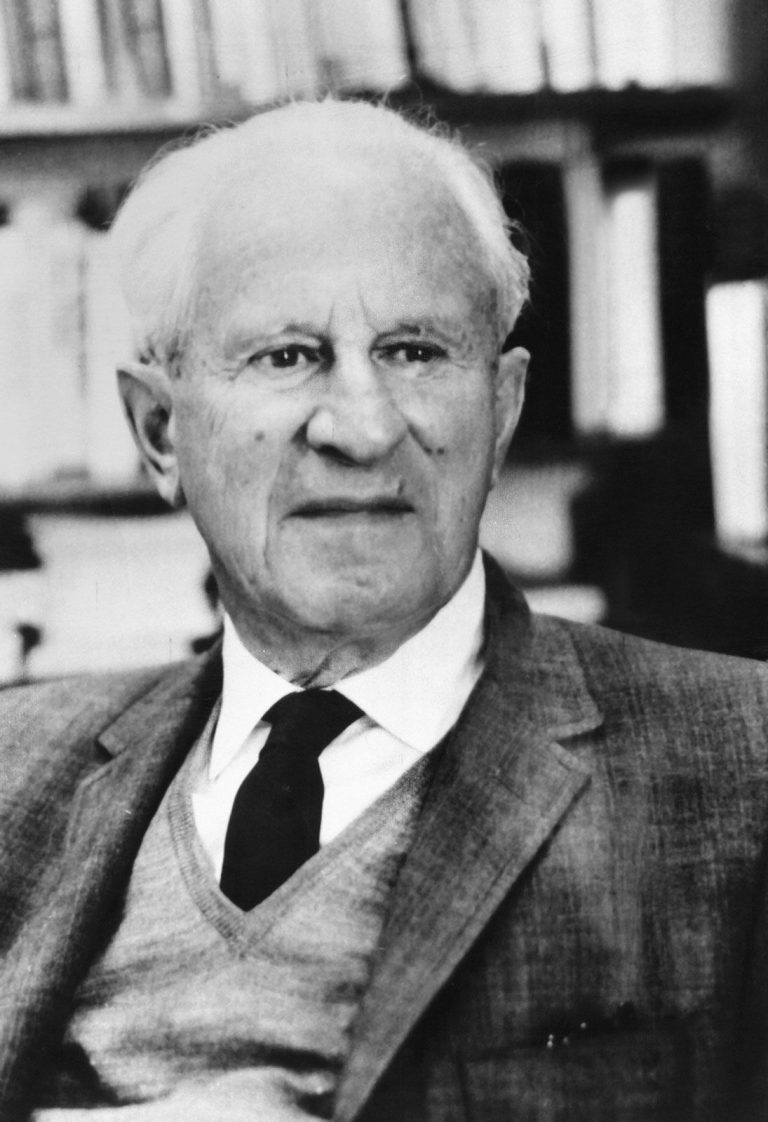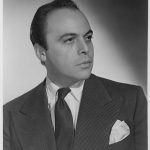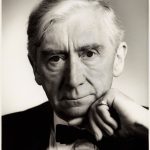Date of Birth: July 19, 1898
Zodiac Sign: Cancer
Date of Death: July 29, 1979
Biography
Herbert Marcuse was a prominent German-American philosopher, sociologist, and political theorist, born on July 19, 1898, in Berlin, Germany. He is best known for his association with the Frankfurt School of Critical Theory, a group of thinkers who sought to understand and critique the conditions of modern capitalist societies. Marcuse’s work bridged the gap between Marxist theory and contemporary social issues, making significant contributions to the New Left movement in the 1960s and 1970s. Marcuse fled Nazi Germany in 1933 and eventually settled in the United States, where he became a citizen in 1940. He held academic positions at various prestigious institutions, including Columbia University, Harvard University, and the University of California, San Diego. His seminal works include “One-Dimensional Man” (1964), which critiqued the industrial society’s conformist tendencies and the suppression of individuality, and “Eros and Civilization” (1955), which explored the intersections of psychoanalysis and Marxism. Marcuse’s ideas influenced a generation of activists and scholars, and he became an intellectual icon of the student movements of the 1960s. He passed away on July 29, 1979, in Starnberg, West Germany.
5 Interesting Facts about Herbert Marcuse
1. Herbert Marcuse was a member of the Institute for Social Research, commonly known as the Frankfurt School.
2. He served in the German Army during World War I and participated in the German Revolution of 1918.
3. Marcuse worked for the U.S. Office of Strategic Services (OSS), the precursor to the CIA, during World War II.
4. His book “One-Dimensional Man” became a foundational text for the New Left movement.
5. Marcuse was a mentor to Angela Davis, the renowned political activist and scholar.
5 Most Interesting Quotes from Herbert Marcuse
1. “The people recognize themselves in their commodities; they find their soul in their automobile, hi-fi set, split-level home, kitchen equipment.”
2. “Free election of masters does not abolish the masters or the slaves.”
3. “The truth of art lies in its power to break the monopoly of established reality to define what is real.”
4. “The so-called consumer society and the politics of corporate capitalism have created a second nature of man which ties him libidinally and aggressively to the commodity form.”
5. “The need for liberation itself has changed, and the only way to change it back is to change the conditions of oppression.”
Highest Net Worth Achieved
Herbert Marcuse was not known for achieving significant personal wealth, as his career was primarily academic. Therefore, he did not accumulate notable net worth in financial terms. His wealth lay in his intellectual contributions and influence.
Children
Herbert Marcuse had one son, Peter Marcuse, who became a well-known urban planner and scholar. Peter was born on November 13, 1928, and has made significant contributions to the field of urban studies.
Relevant Links
2. [Herbert Marcuse Official Website](https://www.marcuse.org/herbert/
3. [Herbert Marcuse – Internet Encyclopedia of Philosophy](https://iep.utm.edu/marcuse/
5. [Eros and Civilization – Full Text](https://archive.org/details/eroscivilization00marc


